The Devil Known as St. Francis Xavier
Francis Xavier is remembered by some as a heroic figure who brought the message of Christianity to a new land, others view him as a symbol of colonialism and cultural destruction.
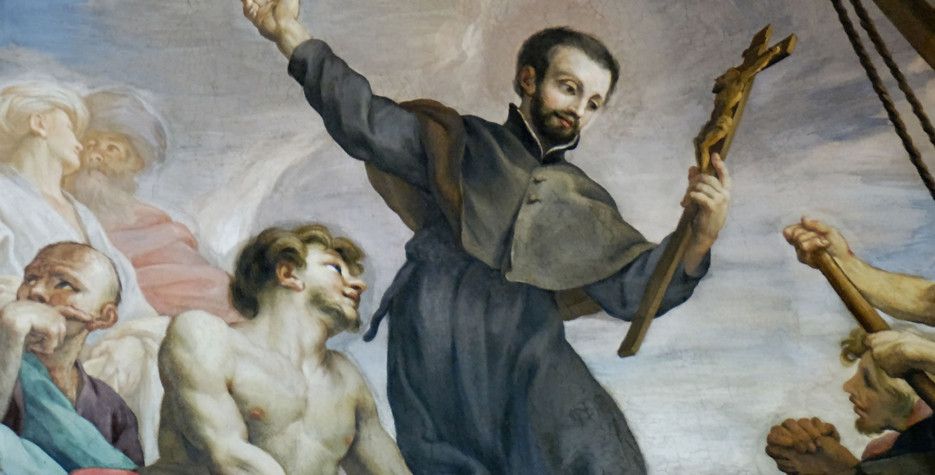
Saint Francis Xavier was a Spanish Jesuit missionary who arrived in Goa, India in 1542, with the mission of converting the local population to Christianity. Xavier was known for his aggressive and forceful tactics in his attempts to convert people, and he was not hesitant to use violence or intimidation to achieve his goals.
One of the most infamous incidents involving Xavier occurred in the town of Cuncolim, in present-day Goa, where he is said to have destroyed a Hindu temple and forcibly baptized the local population. According to historical accounts, Xavier and his fellow missionaries were confronted by a group of local Hindus, who demanded that they stop their activities and leave the town. When the Hindus refused to back down, Xavier is said to have ordered his followers to attack the temple, which they did, destroying the idol and other religious artifacts. The Hindus were then forcibly baptized, and those who resisted were punished severely.
There are also reports of Xavier using violence and coercion in his attempts to convert people in other parts of India. For example, he is said to have ordered the burning of Brahmin's library in Salcette and to have destroyed Hindu idols and other religious artifacts in various locations.
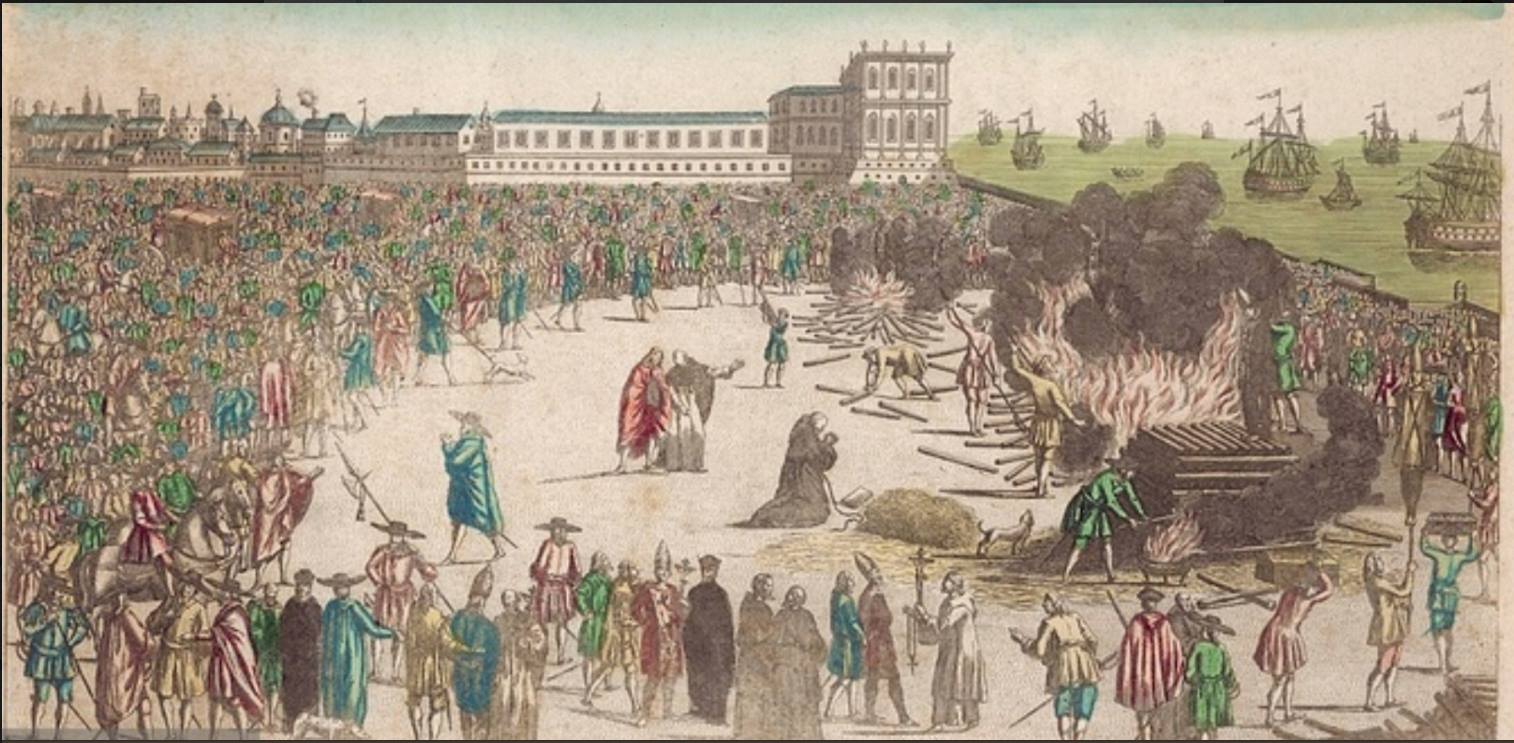
Despite his controversial methods, Xavier is revered by many Catholics as a saint and a hero of the faith. However, his legacy in India is more mixed, with many people remembering him as a symbol of colonial oppression and cultural imperialism.
In recent years, there has been renewed debate and discussion about the impact of Christian missionary activity in India, and the ways in which it has affected the country's diverse religious and cultural traditions. While some argue that missionary activity has played a positive role in promoting education, healthcare, and social welfare, others point to the negative consequences, including the erosion of traditional cultural practices and the marginalization of non-Christian groups.
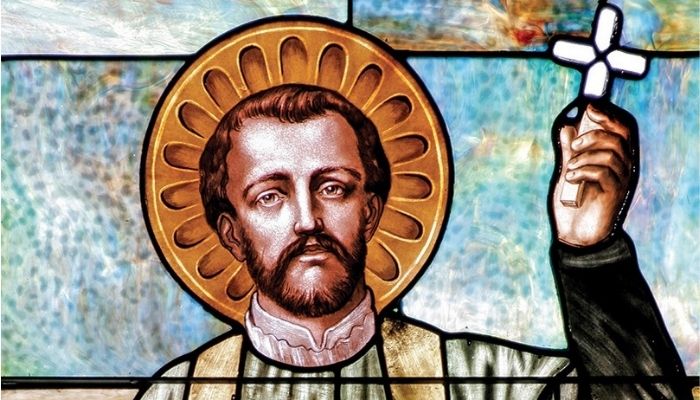
He ordered the burning of Hindu scriptures in Goa in 1545, and he also used force and intimidation to convert people to Christianity.
Furthermore, Xavier was known for his support of the Portuguese Inquisition, which was responsible for the torture and execution of thousands of people accused of heresy and other crimes. He wrote letters to the Inquisitors, urging them to take action against suspected heretics and even played a role in the arrest of some of them.
Who funded Him?

Saint Francis Xavier was a Jesuit missionary, and the Jesuit order was responsible for funding his missionary activities in India. The Jesuits were a Catholic religious order founded in the 16th century with a mission to spread the Catholic faith and promote education and social justice.
The Jesuits were supported financially by various sources, including wealthy Catholic patrons, donations from the faithful, and the sale of books and other products. In the case of Xavier, it is likely that his missionary activities were funded by the Jesuit order, as well as by donations from Catholic benefactors and the Portuguese colonial authorities in India.
During Xavier's time in India, the Portuguese were the dominant colonial power in the region, and they played an important role in supporting Christian missionary activity. The Portuguese colonial authorities provided financial and logistical support to the Jesuits and other Christian missionary groups, and they also enforced policies designed to promote the conversion of the local population to Christianity.
It is important to note, however, that the relationship between the Portuguese colonial authorities and the Jesuits was not always harmonious. The Jesuits sometimes clashed with the colonial authorities over issues such as the treatment of local populations, the use of force in conversion efforts, and the nature of their missionary activities. Despite these disagreements, the Jesuits continued to play a significant role in the spread of Christianity in India, and their legacy can still be seen in the Catholic communities that exist in the country today.
Historical references and anecdotes related to Saint Francis Xavier's cruelty:
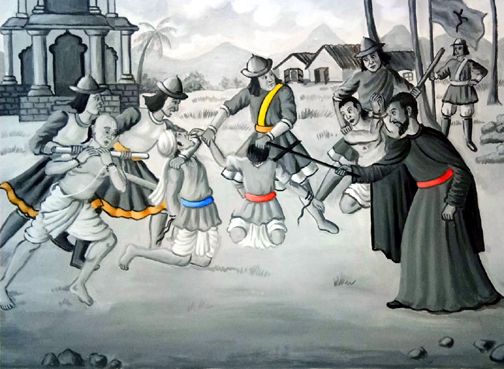
- In a letter to the king of Portugal in 1545, Saint Francis Xavier expressed his frustration at the slow progress of conversion in India and suggested that the use of force might be necessary to achieve his goals. He wrote: "I think that all the efforts of the king ought to be directed to destroy the temples of the pagans, for they are the centers of their superstitions and diabolical sacrifices. I know not how to describe in words the joy I feel before the spectacle of pulling down and destroying the idols by whatever means they can be destroyed."
- In his biography of Saint Francis Xavier, Jesuit historian Father Dominique Bouhours wrote that the saint had a "penchant for miracles" and that he was reputed to have raised the dead and healed the sick. However, Bouhours also wrote that Saint Francis Xavier was not above-using force to convert people and that he had once threatened to cut off the hands of a man who refused to be baptized.
- In his book "Inquisition in Goa," historian Teotonio R. de Souza describes the brutal methods used by the Portuguese Inquisition in Goa, including the use of torture to extract confessions and the burning of heretics at the stake. Saint Francis Xavier was a supporter of the Inquisition and wrote letters to his fellow Jesuits praising their work in rooting out heresy.
- In her book "The Body of the Conquistador: Food, Race and the Colonial Experience in Spanish America, 1492-1700," historian Rebecca Earle writes about the role of the Jesuits in the colonization of the Americas and their use of food as a tool of conversion. She notes that Saint Francis Xavier encouraged the use of food as a way to win over converts and that the Jesuits sometimes used food as a form of punishment for those who resisted conversion.
Historical accounts and writings that discuss the actions of Saint Francis Xavier
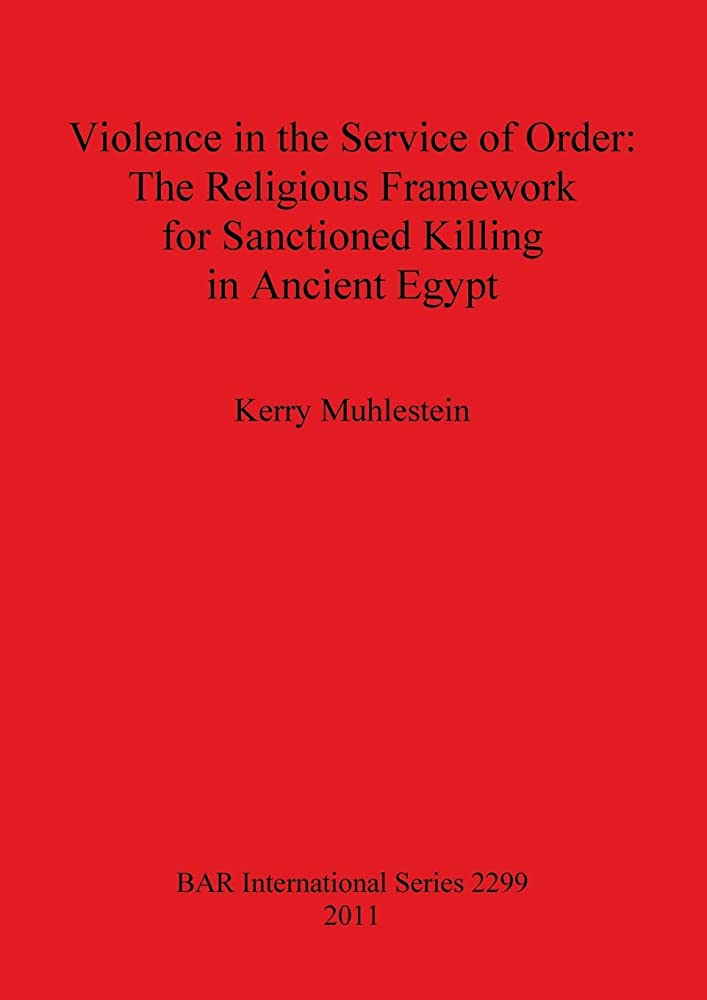
- "Francis Xavier and the Violence of Conversion" by Ines G. Županov, published in the book "Violence in the Service of Order: The Religious Framework for Sanctioned Killing in Ancient India" (2008).
- "The Portuguese Inquisition in Goa and Its Influence in the Catholic World" by Teotonio R. de Souza, published in the book "The Inquisition in Early Modern Europe: Studies on Sources and Methods" (2006).
- "Saint Francis Xavier: His Times, Life and Work" by Fr. M. M. Cordeiro, originally published in 1960.
- "Saint Francis Xavier and the Goa Inquisition" by Victor J. Fernandes, published in the "Journal of the American Academy of Religion" (1993).

